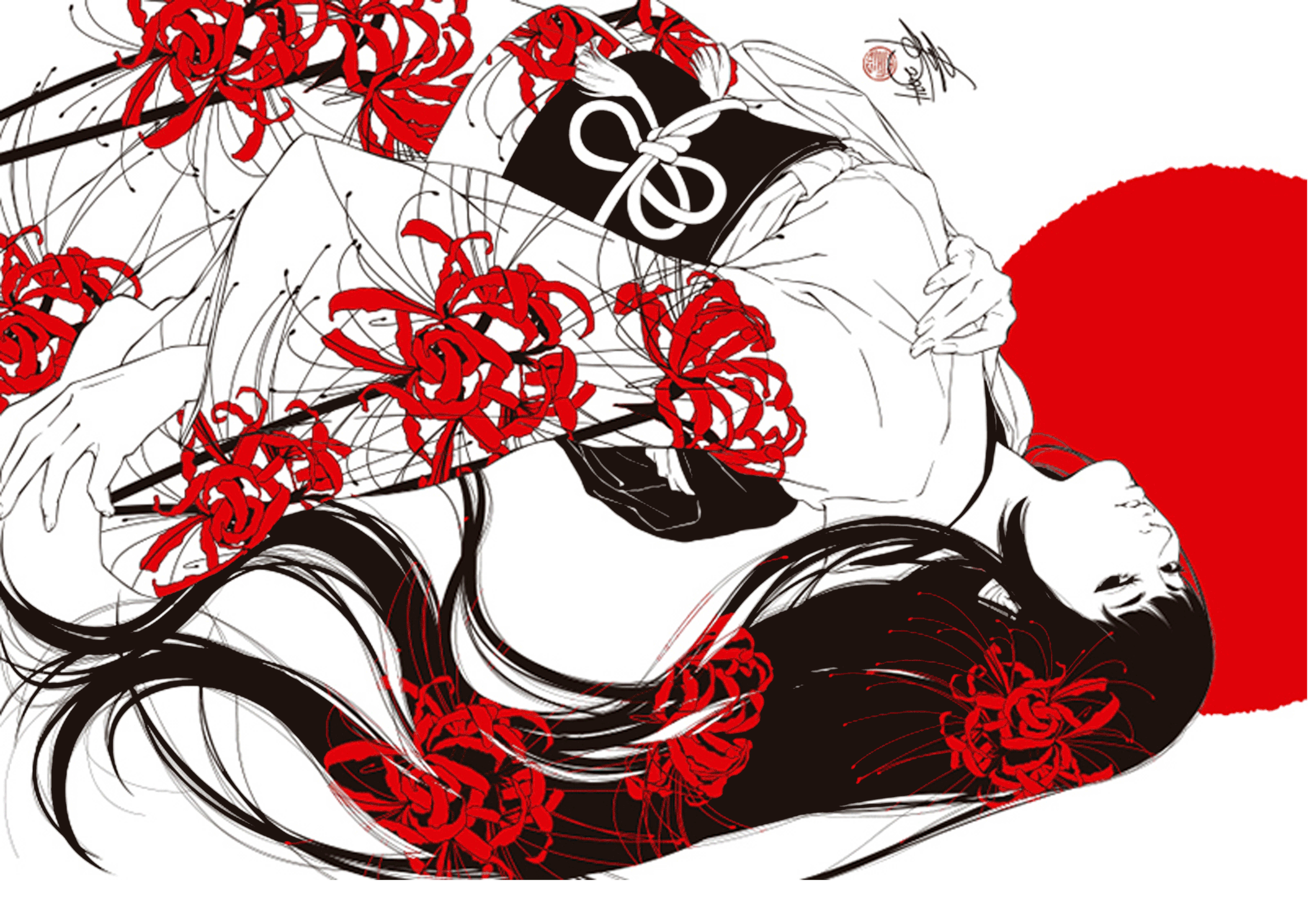There’s a song called “End of the Century” by the British alternative rock band Blur. The lyrics go something like . . .
“Sex on the TV, everybody’s at it, and the mind gets dirty, as you get closer . . . to thirty . . .”
Right. And, there I was thirty-two years old with so much desire in my randy “young” heart I was practically bouncing off the walls.
Do you really think it was only a question of your age?
No . . . Yes . . . No . . . Now, I’m well aware that passion never lasts. It’s impossible to maintain it. Japanese novelist Endō Shūsaku[1] wrote that stability spells the death of passion; that the longer a couple is together the more stable and, as a result, boring their relationship will inevitably grow. It can’t be helped. But, at the same time I believe there has got to be some passion at the start of a relationship. Too hot and it will burn itself out before you know it. But, if it is just bright and hot enough, there will always be an ember of it warming your hearts, no matter how long you’re together. You’ll never forget that there was a time when the two of you couldn’t get enough of each other, when you had to be touching and holding and caressing each other. You would walk, not only hand in hand, but sometimes with your hands in each other’s rear pockets, kneading the buttocks like bread dough. You would make love all night long, sleeping briefly, only to make love again in the morning. You would make love while brushing your teeth if inspiration called for it. You would fall asleep in each other’s arms, and note that you seemed to fit—both physically, emotionally, and fatefully—together, like twins in the womb. Well, I’m afraid Haruka and I never had anything like that.
And now you were longing to be “in love”.
To be loved.
Haruka didn’t love you?
She may have believed that she loved me, but Haruka’s was a perverse kind of loving: expressed primarily through grousing, grumbling, griping, grouching . . .Listen: we often had parties, Haruka and I. We were big entertainers in the early days, I would cook, she would pour wine and chat up the guests. The most entertaining part of those parties, however, was our petty quarrels. People would say things like, only couples who really love each other fight like that. But, the truth is, I was awfully depressed at the time.
And then you started drinking more.
I always drank a lot, but now I was drinking every day, getting really blasted, anything to keep me from . . . I don’t know . . . feeling? It was then that I started hanging out with other foreigners.
You hadn’t before?
In my first year in Japan, I had a circle of friends, but most of them returned to their home countries after their contracts were up. Glutton for punishment as I was, I stayed on. Over the next three or four years, I was pretty much a loner. Not so much by design as by lack of choice. It wasn’t until the Internet became popular that I was able to meet people. I belonged to an online community that had offline meetings every now and then, and I was able to become friends with a number of fellow expats. Most were single and horny and would hang out at a gaijin bar called “Happy Cock” on the weekends. I would join them, and for a time there, I was “pulling chicks”, as those guys liked to say, pretty much every time I went out.
Peadar must have had the happiest cock of all.
Yes and no. It was nice being fawned over by young, albeit drunk, women, but I was still desperately lonely.
[1] Endō Shūsaku was a 20th-century Japanese author noted for writing from the perspective of being both Japanese and Catholic. Along with Junnosuke Yoshiyuki, Shōtarō Yasuoka, Junzo Shono, Hiroyuki Agawa, Ayako Sono, and Shumon Miura, Endō is categorized as one of the “Third Generation”, the third major group of writers who came to prominence after World War II.
The first installment/chapter of A Woman's Hand can be found here.
A Woman's Hand and other works are available in e-book form and paperback at Amazon.
